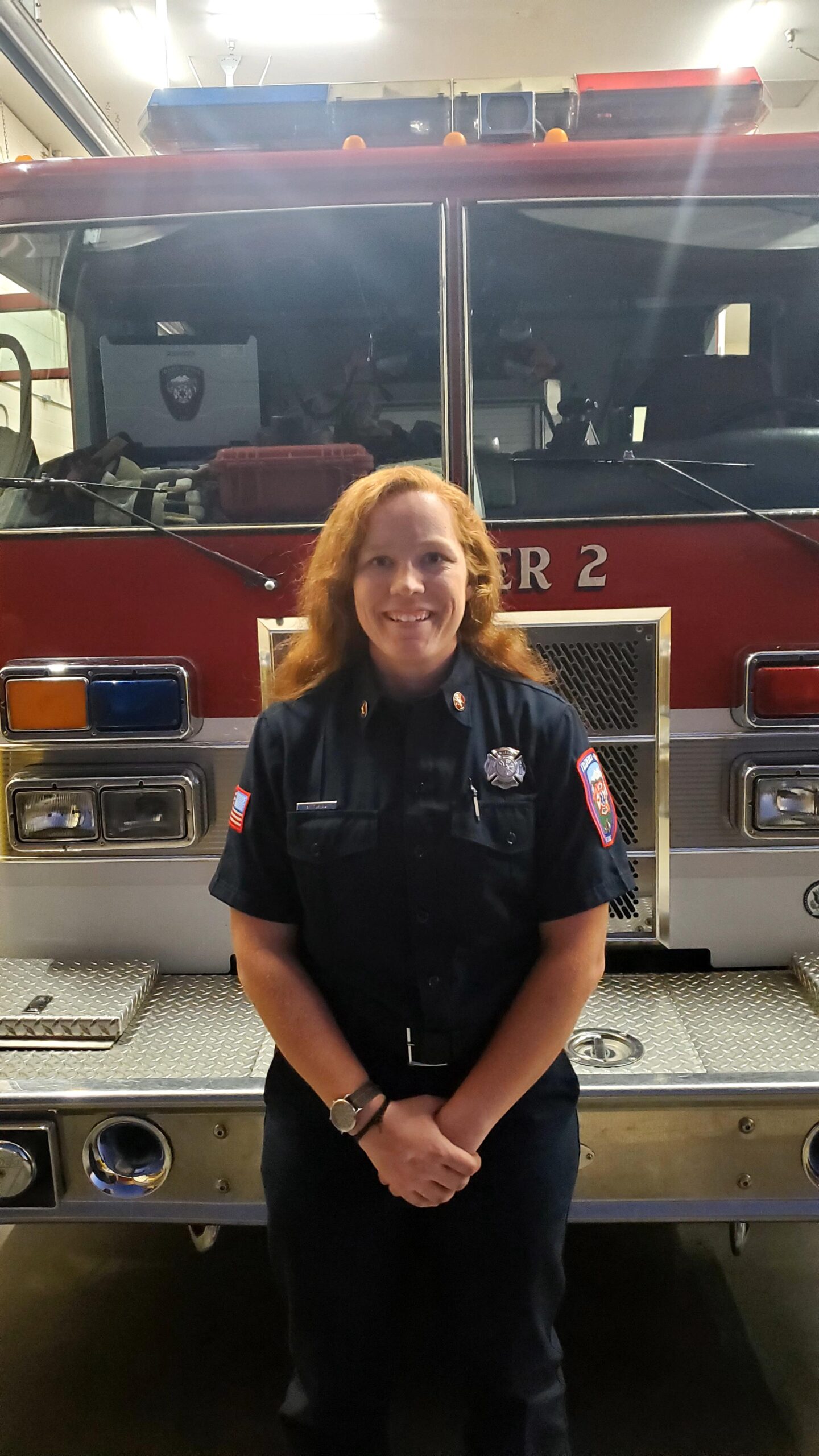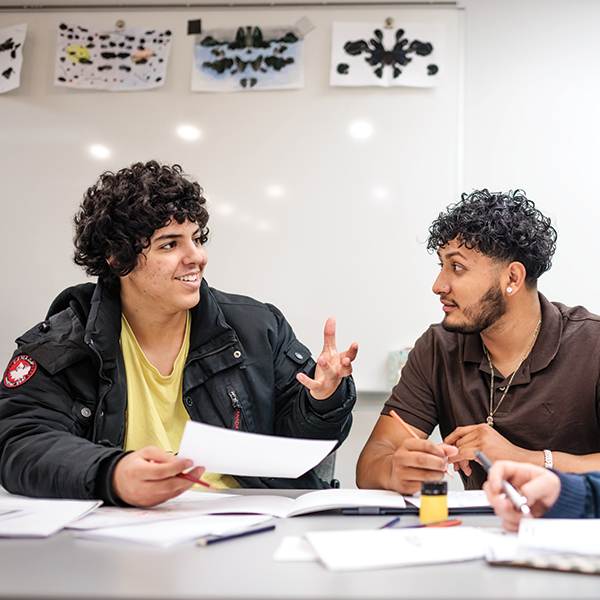How the FERA Department is advancing careers
FERA student Michael Vox, explains the benefits of a degree and why seasoned firefighters are returning to the classroom.
Our diverse programs offer students the perfect opportunity to make a difference in their community.
Through a pursuit of excellence in education and a display of passion to make a difference in the community, the Department of Human Services and Counseling prepares graduates to work as professionals in the helping profession through a curriculum that emphasizes high ethical standards and cultural sensitivity, while teaching students how to become a positive change in people’s lives, promoting justice, peace, and human dignity as they embark on their journey to serve in a global society.
Human Services can be a variety of things. For some people, it means providing basic needs such as food and shelter. For others, it means helping individuals gain basic stability. Human Services could also mean offering guidance, counseling and substance abuse treatment. For the Department of Human Services and Counseling at MSU Denver, the human services professions is defined as all of these things, with the simple objective of helping people and a community at-large, gain access to basic human needs through an interdisciplinary knowledge base, focusing on prevention as well as remediation of problems, and maintaining a commitment to improving the overall quality of life of service populations.
We believe that people have the capacity for change and growth. Our theoretical orientation emphasizes Strengths Based approaches, systemic work, and Cognitive-Behavioral strategies. Courses emphasize ethical decision making, self-care, cultural awareness, professional writing, critical thinking, and conflict resolution. Students develop their knowledge and skills through a combination of rigorous academic preparation and in depth field placement experience. The faculty and staff at the Department of Human Services and Counseling support students in the classroom and during their field placement to ensure skilled, self-reflective, professional workers in the Human Services arena.
Our faculty members run from the classroom to the field, offering advice, expertise, and solutions surrounding issues in the world.
We offer degrees in Human Services, Counseling, and Fire Emergency & Administration! Our FERA program is the only one in the state who's FESHE curriculum is recognized by FEMA and the NFA.
Check out our programs

Find out which Community College of Denver (CCD) classes go towards a a B.S. in Human Services at MSU Denver.


Our Departments offers five scholarships that can help you pay for college and cover living expenses. Learn more here!
The Department of Human Services and Counseling encourages our majors and minors to be active in the MSU Denver community by utilizing all resources such as student clubs, organizations, and more!


Want to connect with faculty for concentration or career advising? Find contact information on our Faculty and Staff Directory, and schedule a visit to meet with our academic advisors.
Your energy, time, and resources play an important role in enabling us to provide a high-quality, individualized and relevant educational experience that prepares students for success. Donate here!
Donate to the Department of Human Services & Counseling NowCampus Map - Must enter through Central Classroom Building
Email us with general, advising questions, and inquiresCampus Location:
West Classroom Building
2nd floor
Office 236
Mailing Address:
P.O. Box 173362
Campus Box 12
Denver, Colorado 80217-3362
Phone: 303-615-0700
Email: